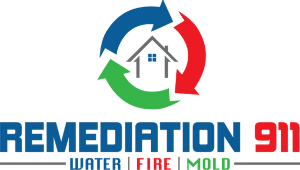What are the Most Common Causes of Water Leaks in Your Home or Business?
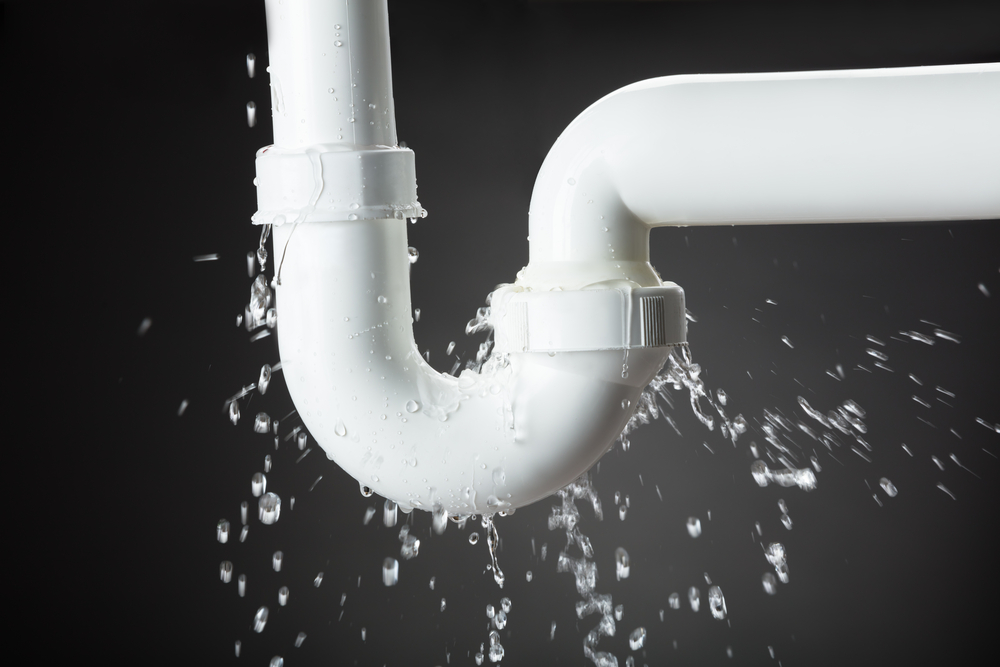
Water leaks: they’re every homeowner’s worst nightmare. Even a minimal leak can cause extensive, hidden water damage. And when that happens, mold and mildew soon follow. The result is a big, expensive headache for you and a lot of destruction to your home.
While there’s no way to stop 100% of water leaks, there are ways to identify them early and minimize the damage they do. The secret is simply to be familiar with the most common causes of water leaks and learn to stop them in their tracks.
In this blog, we’ll break down a few common issues that cause water leaks and help you understand how to spot them.
Let’s dive in.
The 8 Most Common Causes of Indoor Water Leaks
Leaks can wreak all sorts of havoc. Even a small leak can waste water, cause an uptick in your water bill, and damage your ceilings, drywall, and flooring.
Fortunately, you can stop leaks in their tracks by knowing what causes them.
Here are eight of the most common culprits:
1. Faulty seals
Appliances are installed with seals around all water connectors. Over time, though, those seals may break, crack, or wear out.
When they do, they don’t block condensation effectively any longer. This results in puddles or flooding near the appliance and on the surrounding floor.
2. Corrosion
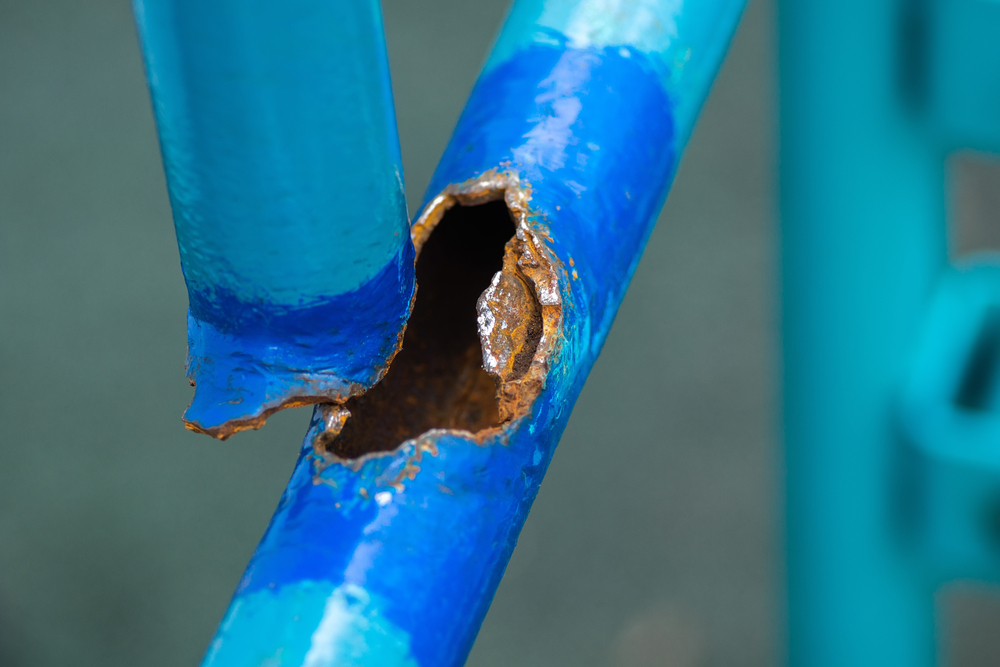
Corrosion is a leading cause of leaky pipes.
Here’s how it works:
As the pipes in your home or business age, rust and corrosion eat away at the metal of the lines. Over time, this creates discoloration, warping, and weak points that can quickly spring a leak – especially in vulnerable areas like joints.
3. Damaged joints
Speaking of pipe joints, damage to those vulnerable areas is a leading cause of water leaks.
As pipes age, the joints deteriorate and weaken, leading to leaks – especially when the pipe is under pressure.
Since most pipe joints aren’t easy to spot, you’ll likely need the help of a skilled plumber to identify and resolve joint-based leaks.
4. Excess water pressure
The ideal water pressure for your home is between 40 and 60 PSI. Water pressure that is significantly higher than that places excessive pressure on your pipes, straining them and leading to water leaks.
To prevent water damage from too-high water pressure, purchase a valve pressure gauge and attach it to an outdoor spigot to test your water pressure.
5. Tree roots that damage pipes
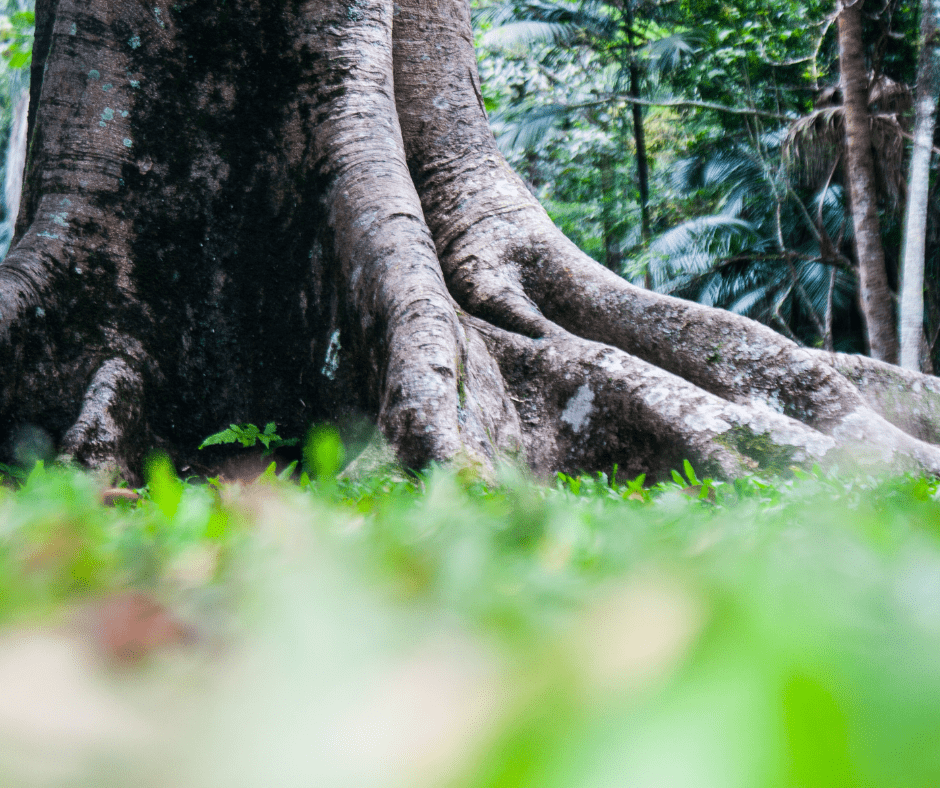
If you have mature trees near your water lines, the roots can grow to intrude on the line over time.
Sometimes, this breaks the line and causes water to seep into your yard, business, or home, flooding your space and causing extreme damage.
6. Loose connections
Sometimes the water supply hoses and pipes behind your appliances jiggle loose. When they do, it can easily cause water damage and leaks in your home or business.
To identify leaks from loose connections, look for signs of water flowing right from supply lines or forming pools and puddles around the base of an appliance.
7. Quick temperature changes
While it’s uncommon in Florida, extreme weather changes or temperature drops can cause pipes to expand and contract rapidly, creating sudden water leaks.
If cold temperatures are expected, you can protect your pipes by wrapping them in insulating material.
What to Do if You Have a Water Leak
Regardless of what caused your water leak, follow these steps to respond to it:
1. Turn off the water
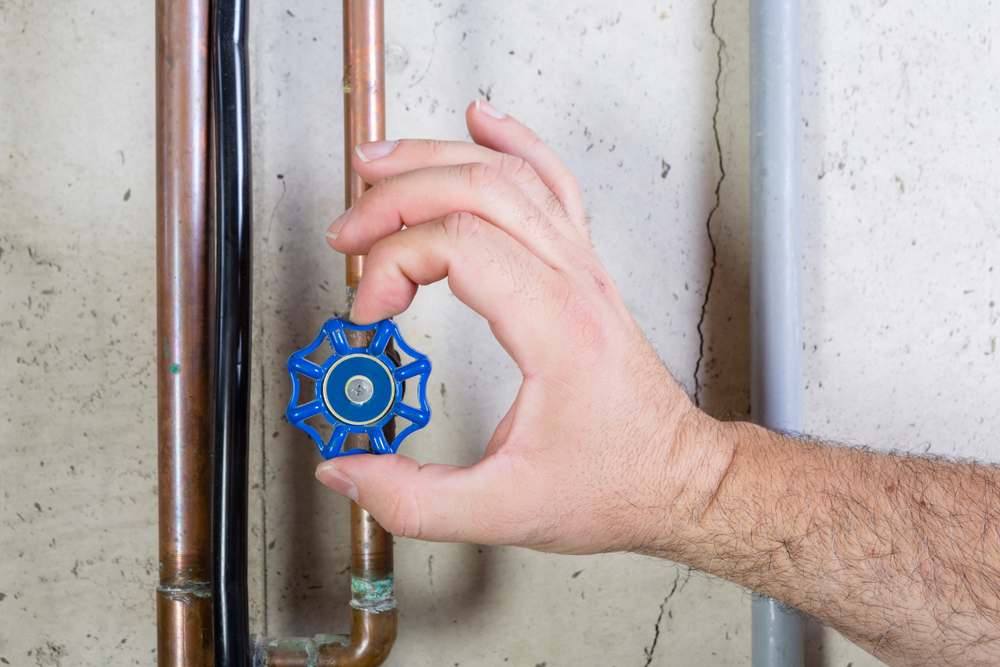
If you can identify the source of the leak, turn off the water supply immediately behind it.
For example, if it’s a dishwasher or water softener that’s causing the leak, turn off that appliance’s supply line. If you can’t identify the source of the leak, turn off the water for the entire building.
While this may be inconvenient, it’s essential to stop the water flow and contain the damage as quickly as possible.
2. Clean up what you can
Once you’ve stopped the water flow, clean up as much of the mess as possible. Use large, absorbent towels or a mop to sop up standing water.
Consider opening windows and turning on standing fans to promote airflow and speed up drying.
3. Contact your insurance company
Next, notify your insurance company of the damage. Be sure to take photos and videos of the area so you can document the event and move forward with your claim as quickly as possible.
4. Contact a plumber

If you can’t identify the source of the leak, or if you’re aware of the cause, but can’t fix it yourself, contact a plumber for assistance repairing the leak.
A 24/7 emergency plumber can pinpoint the cause of the leak and provide the repair services you need to get your space back in working order.
5. Call a remediation company
Last but not least, contact a local remediation company. If you’re a Florida resident, Remediation 911 is here for you.
Our team will evaluate the extent and severity of the damage and look for issues that might not be visible to the naked eye, like mold growth or damage to your subflooring.
Once we’ve inspected your space, we’ll craft a comprehensive remediation plan to restore your area to like-new condition.
Remediation 911: Your Source for Reliable Florida Restoration Services
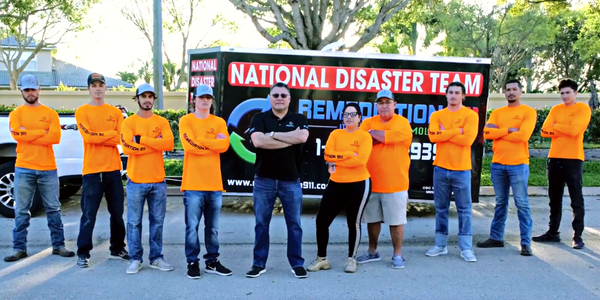
Our team is here for you if your home or business has suffered water leaks or damage. We know the period after water or storm damage can be confusing and overwhelming, and we don’t want you to navigate it alone.
As a skilled water damage restoration company, we provide a wide assortment of remediation services, from pack out and disposal to mold removal and duct cleaning.
If you’ve been affected by water damage, don’t wait another day to call for help. Contact our team today to submit your service request.
